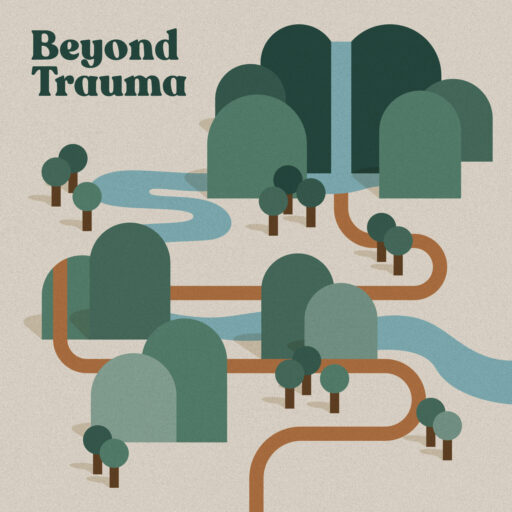Episode 18: Processing Information in the Brain

Today, Jen and Bridger discuss Adaptive Information Processing model (AIP) and how it’s relevant in understanding the effects of trauma.
Adaptive Information Processing (AIP)
- Firstly, AIP is the foundational and theoretical model behind EMDR
- It looks at our past life experiences and how they are processed in our system.
- Normal experiences tend to be stored in a typical way and you may or may not be able to remember it later.
- However, when something is traumatic, that typical processing system gets “stuck”
- With this being said, memory doesn’t get stored properly in our system.
- vivid images
- Form negative thoughts/beliefs about the self
- Become hypervigilant to our environment
- Unwanted emotions
- Unpleasant body sensations
- These memories will be much more easily to recall and will come with all the things listed above and becomes active in the present.
Every experience you have, your brain changes
- When trauma occurs, this creates a much larger change.
- New pathways are created with every experience.
- State-specific memory: Depending on the state you are in, it can evoke a memory that you may not have retrieved otherwise.
Our body remembers…
- Triggering: Something that resembles that stimuli enough that it taps into our memory network where the traumatic memory was stored.
- Then the flood of information occurs because the trauma wasn’t processed and stored correctly.
- This all occurs below our conscious awareness.
- Responses to trauma are adaptive strategies, not diseases.
- Our bodies have the ability to grow and heal, but may need some guidance and support.
- Anora’s story
Check out the last episode, if you haven’t already!
4 S’s of Secure Attachment:
- Safe
- Seen
- Soothe
- Secure
Takeaways:
- Firstly, reparative experience- This can be done inside and outside of therapy.
- The key is the co-regulatory connection we get during therapy.
- Disconfirming experiences
- Our brains work to change the structural arrangements of how information is processed.
- Our nervous systems are so adaptive and we are able to navigate through difficult situations.
- Recognizing our ways as strategies instead of flawed pathologies.
- Neuroplasticity: our brains are constantly, changing, rewiring and building on our implicit and explicit memories.
- Lastly, every moment can be used for healing.
Trauma informed care training– public services, groups, ect. June 3rd-June 5th
Support us through joining our patreon!




No Comments